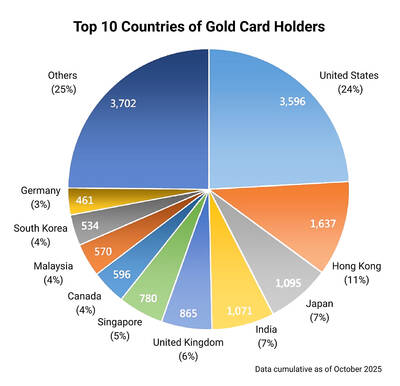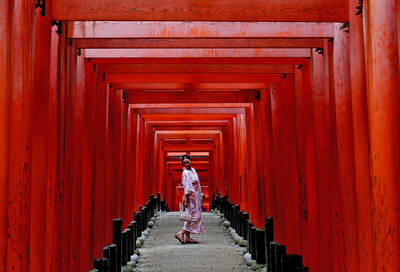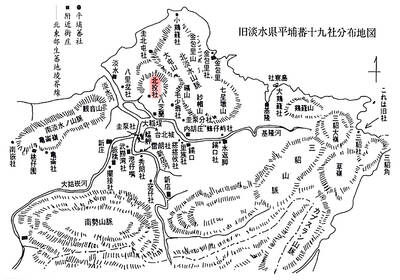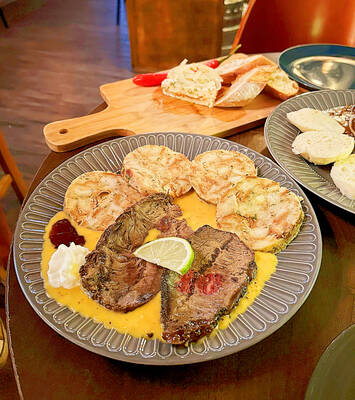The Blind Side (攻其不備)
Sandra Bullock seems to be making something of a return to form after a series of duds with this Golden Globe winner and Oscar-nominated picture (Best Picture and Best Actress in a Leading Role). It probably helps if you are a fan of American football, or at least of inspirational sports movies. The Blind Side makes a determined grab for the heartstrings, and this “based on a true story” account of a homeless boy making it to become an all-American football player sheds complexity to achieve maximum uplift. Features cameos from a number of former and current NCAA coaches.
Shutter Island (隔離島)
The all-star cast includes Leonardo DiCaprio as an improbable US marshal and the likes of Ben Kingsley and Max von Sydow providing lurking menace on an isolated island that is home to a hospital for the criminally insane. Martin Scorsese directs the action, which is full of sound and fury, but critics agree that the maestro was unable to find a balance between the psychological thriller and supernatural horror genres. In an attempt to explain this embarrassment away, Shutter Island is laden with clunky exposition and intimations of everything from Cold War shenanigans to Freudian high jinks.
Nine (華麗年代)
If Moulin Rouge wasn’t enough, Nicole Kidman is back with an all-singing, all-dancing cast that includes Daniel Day-Lewis, Marion Cotillard, Penelope Cruz, Judi Dench, Kate Hudson and Sophia Loren in this musical inspired by Federico Fellini’s 8 1/2. Directed by Rob Marshall, who brought us Chicago, Nine by all accounts manages to look dazzling and suave, if rather chaotic, though over-elaborate editing may spoil it for dance fans, who rarely get to see complete sequences (Day-Lewis doesn’t have Richard Gere’s moves), and the song lyrics are, by general consensus, over-burdened or just plain dumb.
Good Morning President
(早安總統)
A South Korean flick that draws (tenuous) comparisons to Rob Reiner’s The American President with Michael Douglas and Annette Bening. It was the opening film at the 2009 Pusan International Film Festival and did well with Korean audiences when it premiered in October, but its focus on the country’s political culture is unlikely to cross national frontiers. Casting an amused eye over the romantic and family life of three successive presidents, director Jang Jin has created a light, fluffy confection that will likely feed Taiwan’s appetite for Korean product.
Hot Summer Days
(全城熱戀熱辣辣)
A star-studded cast ornaments this ensemble piece about relationships finding their true level as tempers and passions flare during a heat wave that engulfs Hong Kong. It strongly resembles the recently released Valentine’s Day with numerous mini-subplots coalescing into a romantic montage. It also sports a who’s who of figures from the Chinese-speaking entertainment establishment, from Taiwan’s own Barbie Hsu (徐熙媛) and Rene Liu (劉若英) to Hong Kong stars Nicholas Tse (謝霆鋒) and Jacky Cheung (張學友). There are even cameos by art house director Fruit Chan (陳果) and Maggie Cheung (張曼玉). This is entertainment royalty having fun in the sun.
Little Big Soldier (大兵小將)
An engaging movie in a historical setting, the pet project of action star Jackie Chan (成龍) has reportedly been in the works for nearly two decades. Directed by Ding Sheng (丁晟) and featuring pop star Wang Lee-hom (王力宏), the flick about a cowardly soldier who takes a defeated general captive in the hope of garnering a reward produces good chemistry between Chan and his young co-star. Chan, who also has writer credits for the film, has succeeded by keeping things simple and avoiding the overblown pomp that has characterized many recent Chinese historical dramas. With minimal romance and few set-piece battles, Little Big Soldier falls into an easy buddy-flick road-movie groove that harks back to the good old days before Hollywood dreams ruined Chan’s mojo.
The Rainbow Maker
(爺爺的彩虹故事)
This story about childhood, imagination and love from Georgia was released in 2008 and has been doing the rounds of minor European film festivals ever since. Directed by Nana Djordjadze, whose 1986 success My English Grandfather picked up the Camera d’Or the following year. A whimsical comedy about a father who returns to his home after imprisonment to find his children convinced he is a spy and his wife run off with a circus strongman. He discovers that while he may not be the super spy his children believe, he does have magical powers that may help put his world right.
When a Man Comes Home (老爸靠邊站)
Danish art house comedy with the whimsical formalism of a Mozart opera by Thomas Vinterberg, one of the founding fathers of the Dogme movement. Hints of this stripped-down cinematic credo are visible in what is essentially a standard dysfunctional family (in this case a small Danish village) rom-com; its art house cred comes in the form of canny cutting between farce and chilling realism. This bold juxtaposition is also found in the cinematography, which combines hyper-real colors while maintaining a spontaneous, handheld sense of movement.

Seven hundred job applications. One interview. Marco Mascaro arrived in Taiwan last year with a PhD in engineering physics and years of experience at a European research center. He thought his Gold Card would guarantee him a foothold in Taiwan’s job market. “It’s marketed as if Taiwan really needs you,” the 33-year-old Italian says. “The reality is that companies here don’t really need us.” The Employment Gold Card was designed to fix Taiwan’s labor shortage by offering foreign professionals a combined resident visa and open work permit valid for three years. But for many, like Mascaro, the welcome mat ends at the door. A

The Western media once again enthusiastically forwarded Beijing’s talking points on Japanese Prime Minister Sanae Takaichi’s comment two weeks ago that an attack by the People’s Republic of China (PRC) on Taiwan was an existential threat to Japan and would trigger Japanese military intervention in defense of Taiwan. The predictable reach for clickbait meant that a string of teachable moments was lost, “like tears in the rain.” Again. The Economist led the way, assigning the blame to the victim. “Takaichi Sanae was bound to rile China sooner rather than later,” the magazine asserted. It then explained: “Japan’s new prime minister is

NOV. 24 to NOV. 30 It wasn’t famine, disaster or war that drove the people of Soansai to flee their homeland, but a blanket-stealing demon. At least that’s how Poan Yu-pie (潘有秘), a resident of the Indigenous settlement of Kipatauw in what is today Taipei’s Beitou District (北投), told it to Japanese anthropologist Kanori Ino in 1897. Unable to sleep out of fear, the villagers built a raft large enough to fit everyone and set sail. They drifted for days before arriving at what is now Shenao Port (深奧) on Taiwan’s north coast,

Divadlo feels like your warm neighborhood slice of home — even if you’ve only ever spent a few days in Prague, like myself. A projector is screening retro animations by Czech director Karel Zeman, the shelves are lined with books and vinyl, and the owner will sit with you to share stories over a glass of pear brandy. The food is also fantastic, not just a new cultural experience but filled with nostalgia, recipes from home and laden with soul-warming carbs, perfect as the weather turns chilly. A Prague native, Kaio Picha has been in Taipei for 13 years and